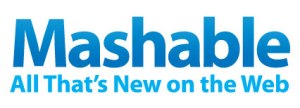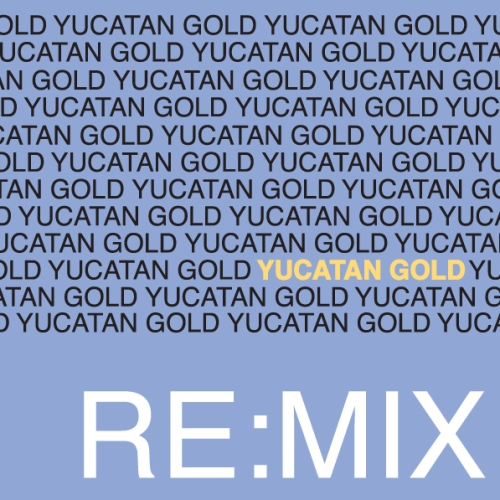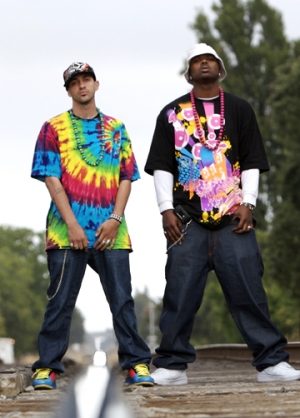As a musician, my biggest concern with releasing my music over the web for others to remix is not that I’ll get paid if money is made, but that I’ll be attributed for my work. This is because, as an unsigned and unknown artist, I am currently more interested in cultivating a fan base than profiting from my art. As I see it, I will find creative ways to profit from my work once I have actually formed something that resembles a fanbase.
A good way of providing artists with attribution, irrespective of the destiny of their art, is through implementing a moral rights scheme that would ensure attribution for authorship, even if ownership of the music belongs to a third party. Originally laid out in Article 6bis of the Berne Convention of Literary and Artistic Works, moral rights were extended to music in 1996 through the WIPO Performances and Phonograms Treaty. Article 5(1) of that treaty reads: “Independently of a performer’s economic rights, and even after the transfer of those rights, the performer shall, as regards his live aural performance or performance fixed in phonograms, have the right to claim to be identified as the performer of his performances…and to object to any distortion, mutilation or other modification of his performances that would be prejudicial to his reputation.”
Moral rights generally include three rights: the right of attribution, the right to have a work published anonymously or pseudonymously, and the right to the integrity of the work. These rights are separate from economic rights, and belong exclusively and perpetually to the original creators of the work, and not any third party who assumes ownership of a copyright, such as a record label.
In the music context, I don’t believe in the right to integrity, as in my mind, a piece of music is never finished, but rather constantly evolving. But, the right of attribution is paramount in the digital context. Since media can so easily be shared today, sharing should be embraced as long as the original authors are always attributed. Creative Commons has embraced this notion since its inception, and it’s time for Congress to recognize that this needs to be added to the Copyright Act to meet the necessities of the digital era. In fact, the United States Court of Appeals held, in Jacobsen v. Katzer, that Creative Commons licensors are entitled to copyright infringement relief. This means that if somebody uses a CC work that requires attribution without attributing the original author, a claim for copyright infringement exists.
With this legislative change, the US, a Berne and WIPO signatory, would seemingly be killing three birds with one stone: 1) deal with copyright law’s inadequacy in the digital age, 2) comply with Berne by adopting am adequate Moral rights scheme, and 3) comply with the WIPO treaty by extending moral rights to music. While the US became a member of the Berne Convention in 1989, the US has chosen to narrowly adopt a moral rights scheme and to apply it exclusively to visual arts under the Visual Artists Rights Act (VARA) of 1990. By omitting to do so, the US is failing to comply with the Berne convention and the 1996 WIPO Performances and Phonograms Treaty. So, maybe its time for Congress to actually got off its ass! I mean, are musicians less important that visual artists? Or is it that visual artists have more lobbying power?
An adoption of a music moral rights scheme would greatly tickle my paranoid pickle in the digital era, and it would help me feel comfortable in distributing my digital music in creative and innovative ways. Evolve, damnit!







